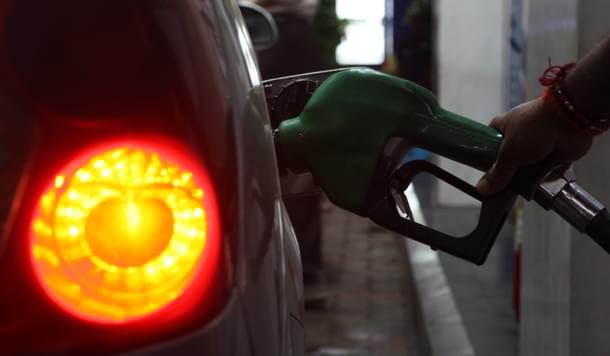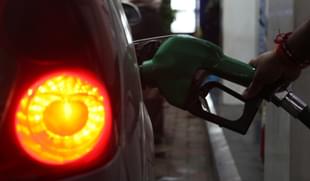News Brief
Govt Not Likely To Extend April 2022 Deadline For Tightening Fuel Efficiency Standards: Report
Swarajya Staff
Mar 27, 2021, 02:01 PM | Updated 02:03 PM IST
Save & read from anywhere!
Bookmark stories for easy access on any device or the Swarajya app.


In a setback for carmakers, the Indian government is set to hold on to its April 2022 deadline to tighten fuel efficiency standards. The move is reportedly aimed at encouraging auto manufacturers to ramp up investments in fuel-efficient cars and also in cleaner technologies like hybrid and electric.
The Society of Indian Automobile Manufacturers (SIAM), a trade group representing automotive giants like Hyundai Motor Company and Maruti Suzuki, has been advocating to push forward the current deadline by two additional years. In March 2017, the government, under the first phase of Corporate average fuel efficiency (CAFE) rules, had given carmakers five years to cut down carbon emissions from newer passenger cars to less than 130 grams per km.
Earlier this month, top executives from the SIAM met officials from the Ministry of Road Transport and Highways (MoRTH) to discuss postponing the implementation of the CAFE rules among other things. However, government sources have reportedly said that the mandated deadline will not be extended, reports Economic Times.
However, the government is open to permitting certain concessions provided that automakers seriously intend to invest in clean technologies. Starting from April 2022, the second phase of the CAFE rules will require carmakers to cut carbon emissions to 113 grams per kilometer.
However, carmakers believe that their investments will fall down in the process of meeting the new regulations as they complain of profits taking a hit due to lesser sales in the last two years. “There eventually might be a middle path that does not hurt the companies financially but also allows the government to maintain its aggressive attitude towards carbon reduction,” an industry sources was quoted in the report as saying.
The source also added that refusal to extend the deadline for corporate average fuel efficiency (CAFE) norms could be a step towards Prime Minister Narendra Modi’s objective of fulfilling the carbon reduction targets as per the Paris Accord. Moreover, India is also looking to trim down its fuel import bills.





